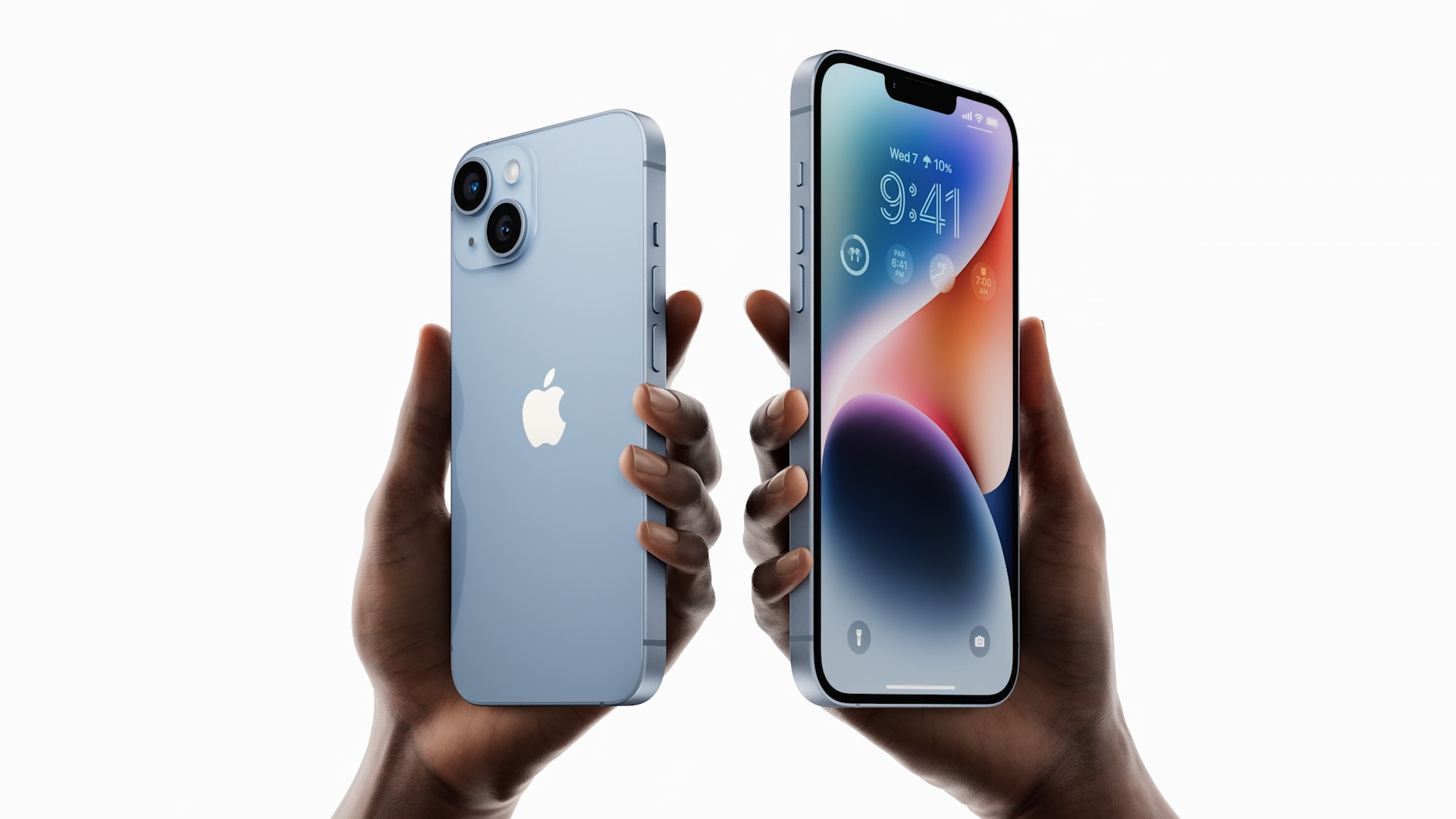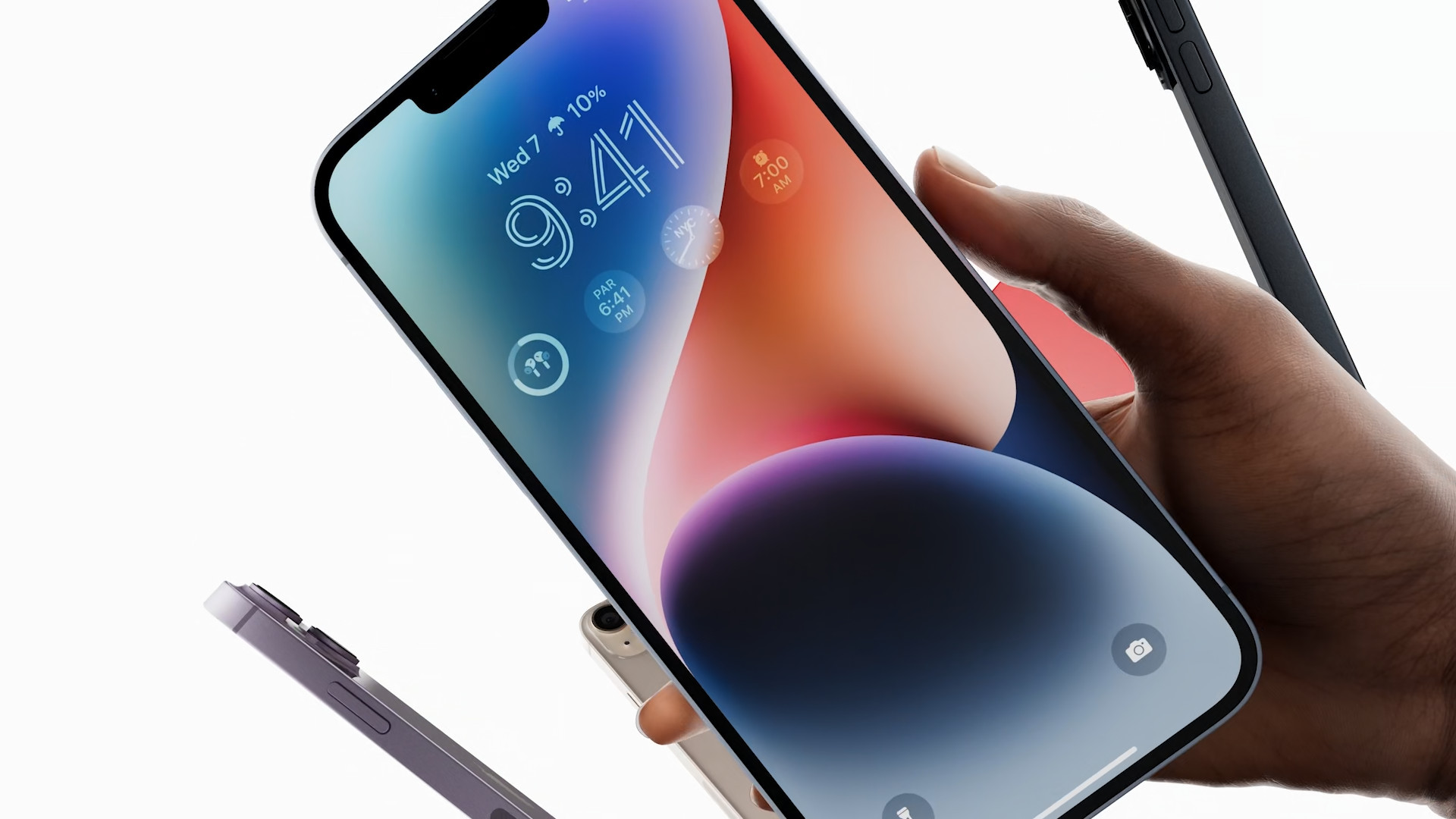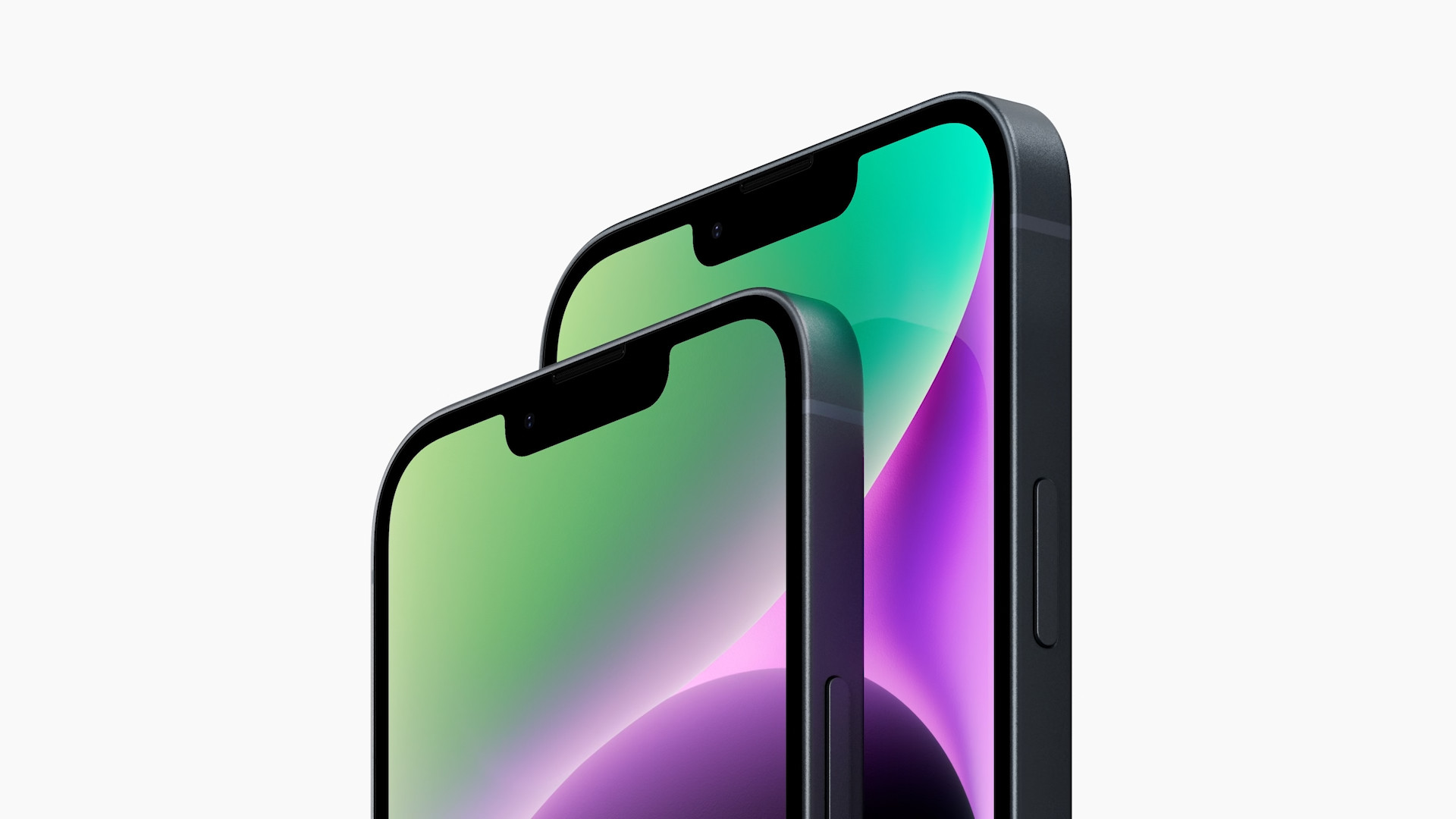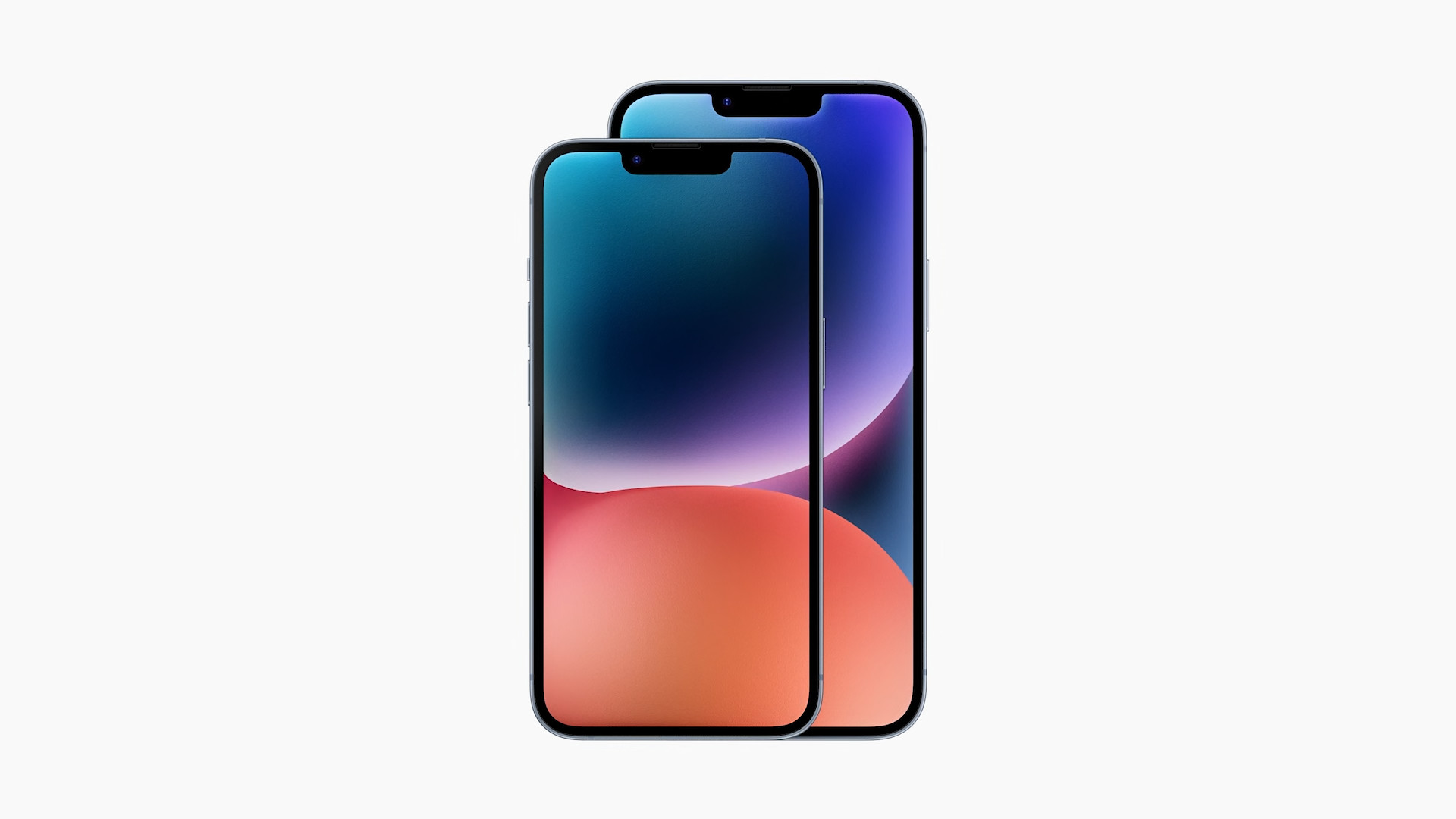In recent years, Apple has positioned itself as a privacy protector. After all, they build their modern products on this, of which apple phones are a great example. These are characterized by a closed operating system in combination with sophisticated security at the hardware and software levels. On the contrary, competing technology giants are perceived in the opposite way in the apple-growing community - they are known for collecting data about their users. The data can be used to create a personalized profile of a specific person, which subsequently makes it easier to target them with specific advertising that they may be genuinely interested in.
It could be interest you
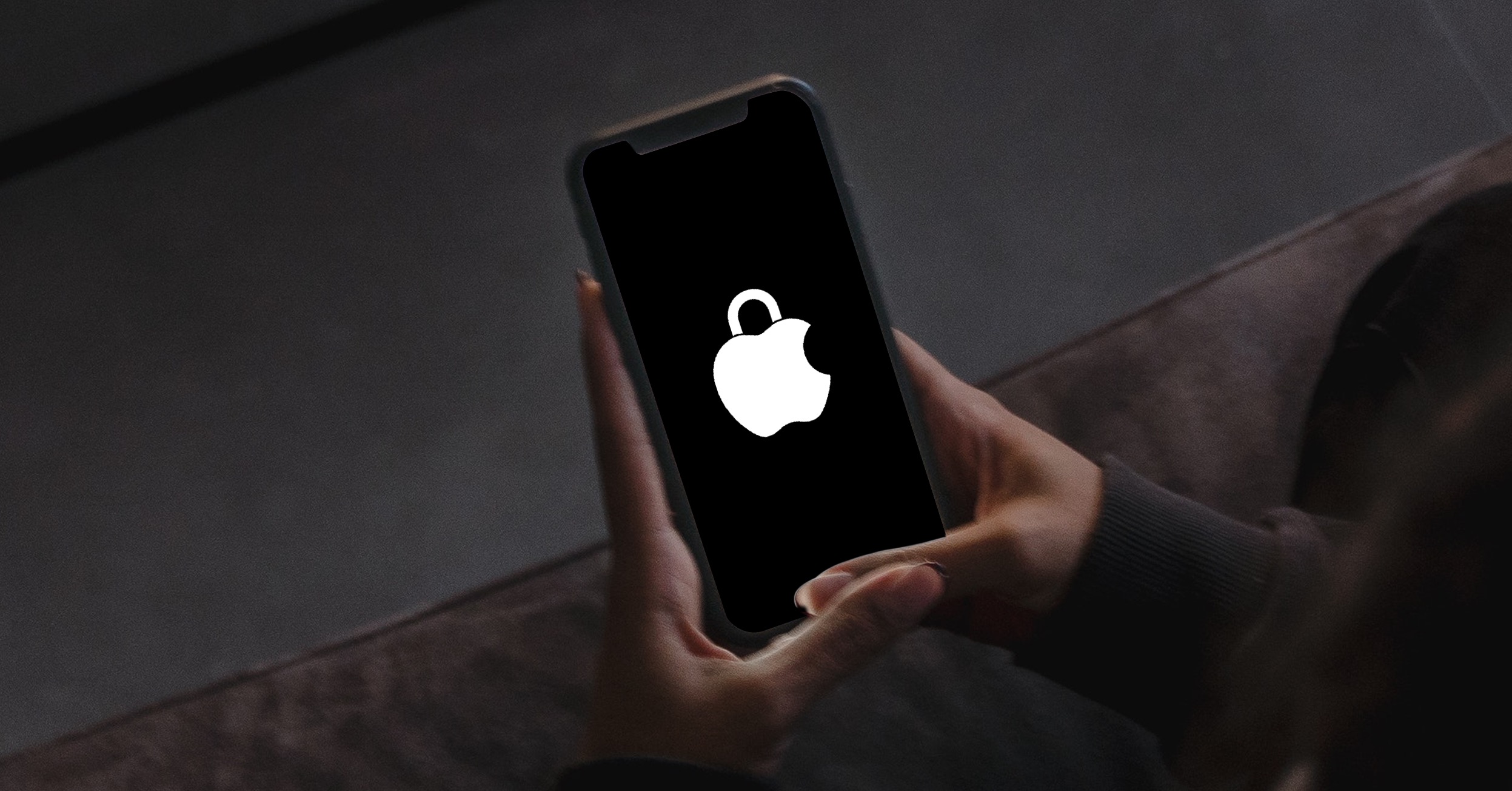
However, the Cupertino company takes a different approach and, on the contrary, considers the right to privacy a basic human right. The emphasis on privacy has therefore become a kind of synonym for the brand as such. All functions that Apple has implemented in its operating systems in recent years also play into Apple's cards. Thanks to them, Apple users can mask their e-mail, IP address or prohibit applications from tracking the user across other websites and applications. The encryption of personal data also plays an important role. It's no wonder, then, that Apple enjoys solid popularity when it comes to privacy. He is therefore respected in the community. Unfortunately, the latest findings show that with the emphasis on privacy, it may not be that simple. Apple has a rather fundamental problem and it is difficult to explain.
Apple collects data about its users
But now it turns out that Apple is quite possibly collecting data about its users all the time. In the end, there is nothing wrong with this at all - after all, the giant has an extensive portfolio of hardware and software, and for their optimal functioning it is important that they have analytical data at their disposal. In this case, we come to the initial launch of the Apple device. It is at this step that the system asks if you, as users, want to share analytical data, thereby helping to improve the products themselves. In this case, everyone can choose whether to share the data or not. But the key is that these data should be completely anonymous.
This is where we get to the crux of the problem. Security expert Tommy Mysk found that whatever you choose (share/not share), analytical data will still be sent to Apple, regardless of the user's (dis)consent. Specifically, this is your behavior in native apps. Apple therefore has an overview of what you are looking for in the App Store, Apple Music, Apple TV, Books or Actions. In addition to searches, analytics data also includes the time you spend looking at a certain item, what you click on, and so on.
Linking data to a specific user
At first glance, it may seem like nothing serious. But the Gizmodo portal highlighted a rather interesting idea. In fact, it can be very sensitive data, especially in conjunction with searches for items related to controversial topics such as LGBTQIA+, abortion, wars, politics, and more. As we have already mentioned above, this analytical data should be completely anonymous. So whatever you're looking for, Apple shouldn't know you've searched for it.
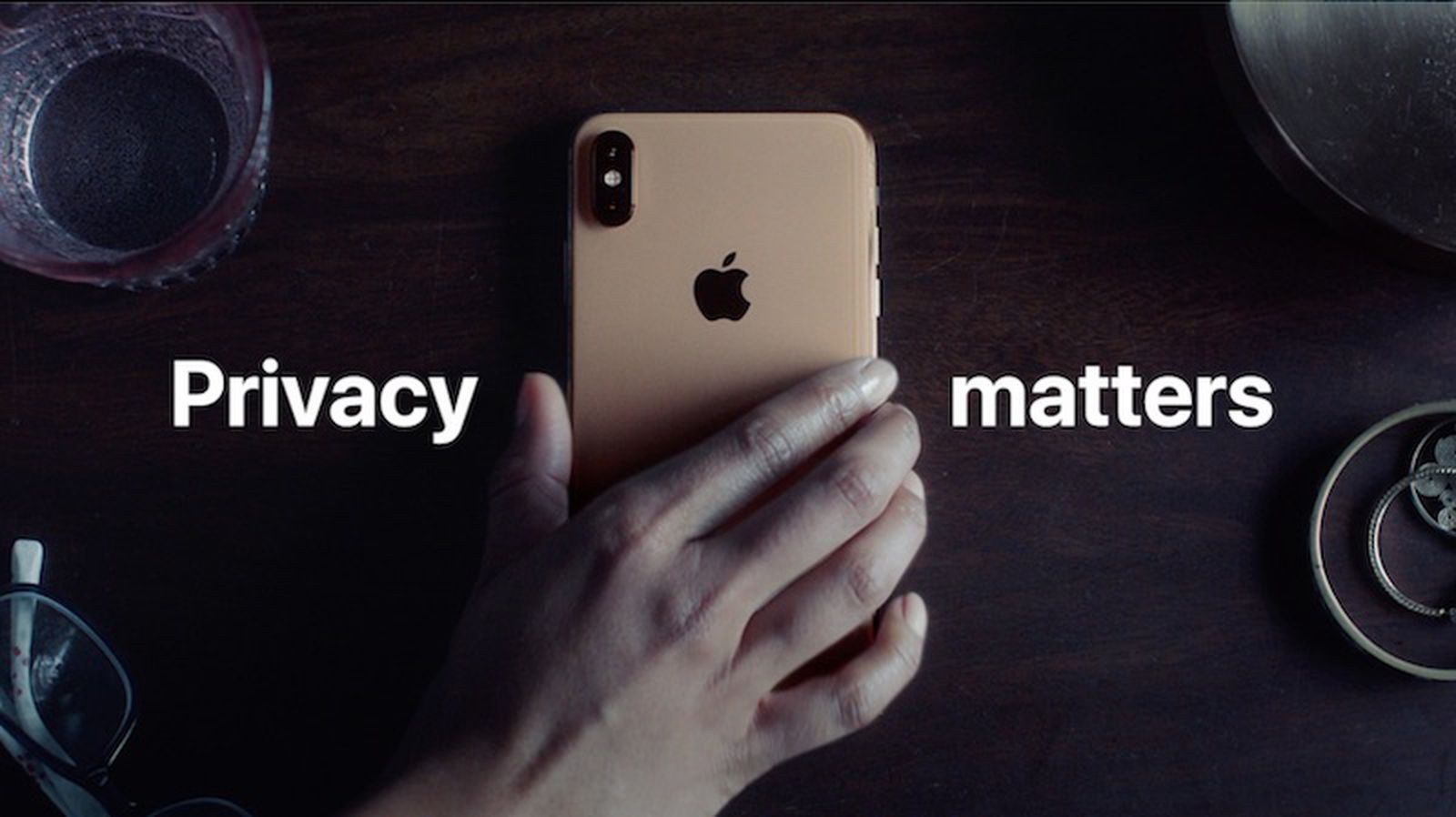
But that is quite possibly not the case. According to Mysko's findings, part of the sent data includes data marked as "dsld"they weren't "Directory Services Identifier". And it is this data that refers to the iCloud account of a specific user. All data can therefore be clearly linked to a specific user.
Intention or mistake?
In conclusion, therefore, a rather fundamental question is offered. Is Apple collecting this data on purpose, or is it an unfortunate mistake that undermines the image the giant has been building for years? It is quite possible that the apple company got into this situation by accident or by a stupid mistake that (perhaps) no one noticed. In that case, we have to return to the mentioned question, i.e. to the introduction itself. Emphasis on privacy is an integral part of Apple's strategy today. Apple promotes it at every relevant opportunity, when, moreover, this fact often exceeds, for example, hardware specifications or other data.
It could be interest you

From this point of view, it seems unrealistic for Apple to undermine years of work and positioning by subsequently tracking the analytics data of its users. On the other hand, this does not mean that we can completely rule out this possibility. How do you see this situation? Is this intentional or a bug?
